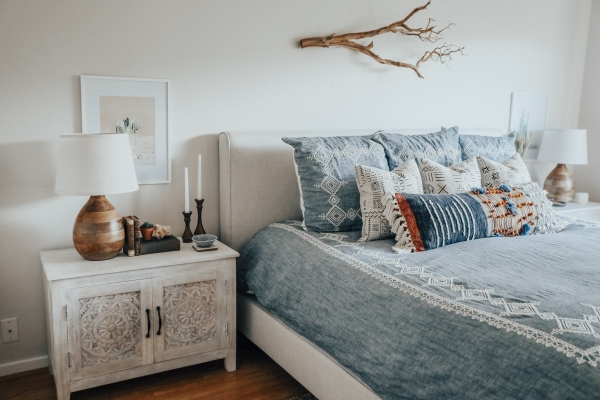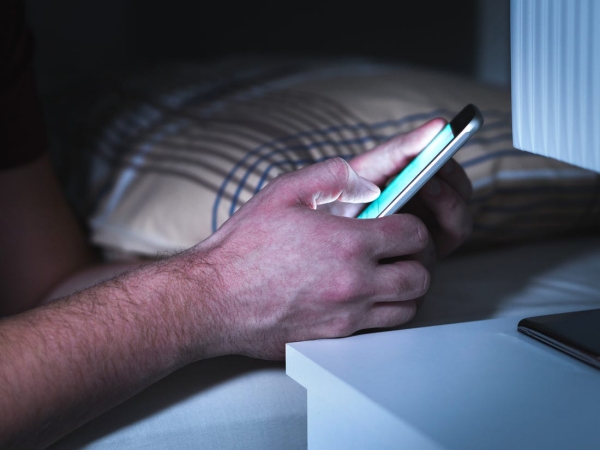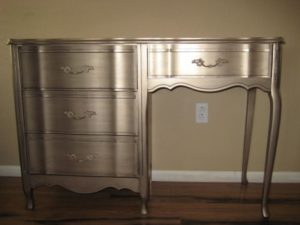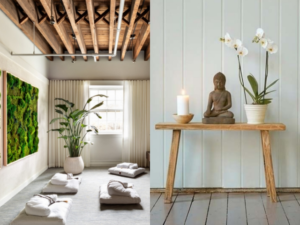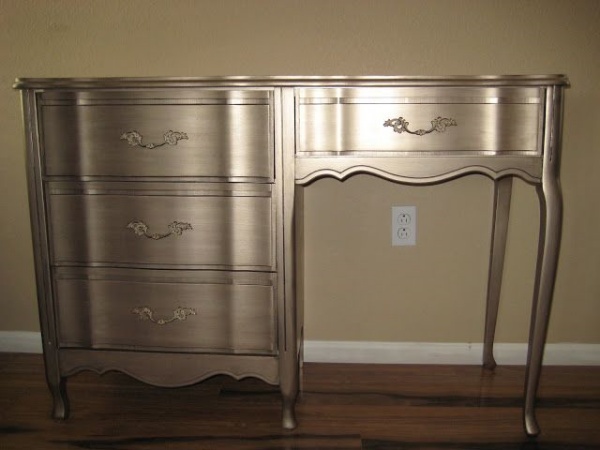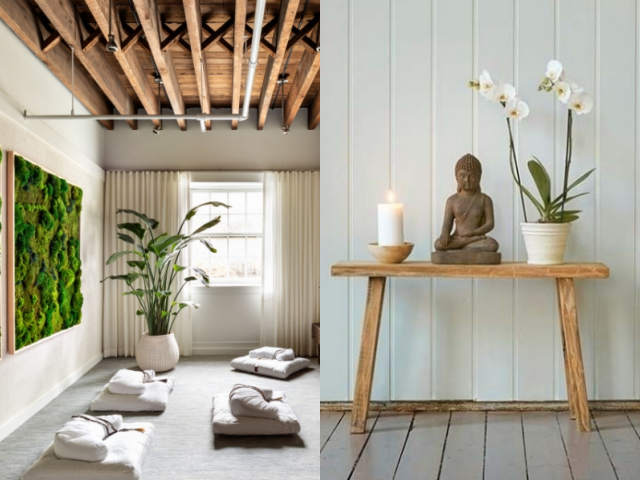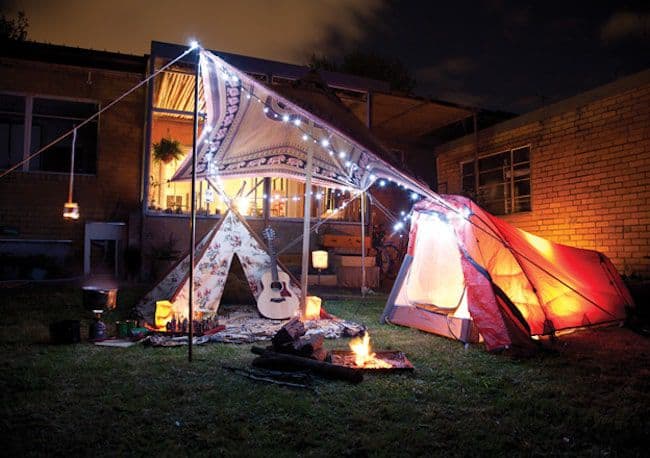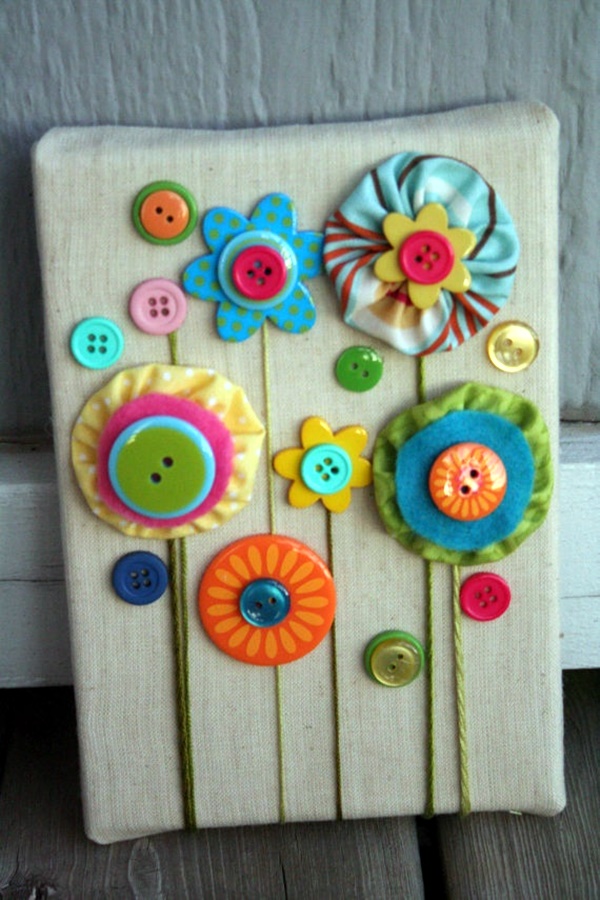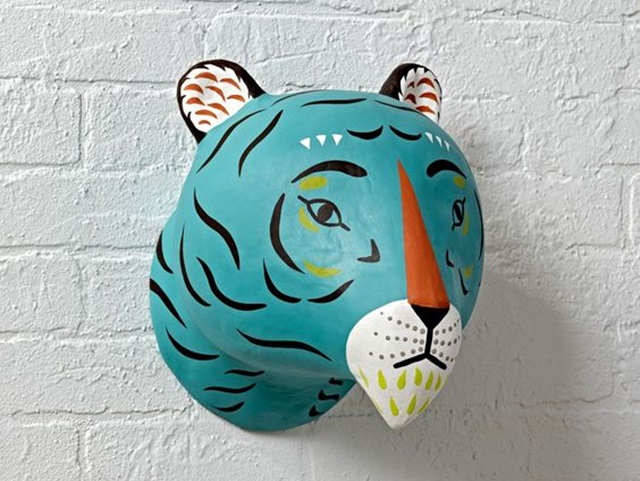If you often find yourself tossing and turning before finally getting some shuteye, only to spend the next day downing coffee after coffee to stay awake, the very place you try to get your sleep might be to blame. As researchers are beginning to discover, our environment plays an integral role in determining the quality and duration of our slumber.
While avoiding stress, eating healthy, and staying active are all important, creating a bedroom that’s conducive to sleep deserves just as much attention. Around a third of all your time is spent there and for many of us, it’s the one place we can rely on to escape the demands of daily life and get some much-needed relaxation.
Whether you’re looking to overcome sleep difficulties, or simply build a better foundation for rest, read on to learn how you can turn your bedroom into a personal oasis.
Declutter
Start by taking a look around. There might be a few things in your bedroom that are out of place or shouldn’t be there at all. Whether you notice it or not, clutter increases stress by giving your mind something unnecessary to focus on.
It can also cause physical obstructions that make your room feel less spacious than it could be, not to mention how it makes cleaning more of a chore. Spare yourself the trouble by doing a bit of organizing and decluttering. This is a great way to determine what really needs to be in your bedroom (or your life) and what truly matters.
As a bonus, you’ll probably be left with a few things that you can sell, which means more money to put towards making other improvements.
Put Sleep First
The most important element of any bedroom is – drum roll – the bed. Knowing that, it makes sense to focus on how you can make it as conducive to your well-being as possible.
Start at the foundation with your mattress. When last did you buy a new one? According to The Better Sleep Council, you should have it replaced every five to seven years. If your mattress is causing any sort of pain or discomfort, it shouldn’t be in your home.
This is especially true if you experience any sort of back issues, which some mattresses are designed specifically to address. This guide details the best mattress for back pain issues. Don’t forget about your pillows. Too flat, thick, or soft and you may end up with neck pain. Your sleeping position will determine what kind of pillow suits you best.
Consider swapping out any old bedding for a higher-quality material. Bamboo, silk, and linen are great options thanks to their moisture-wicking properties. They’re also far more comfortable and better against your skin.
Eliminate Electronics
One of the main causes of sleeping difficulties today stems from electronics that emit high amounts of circadian rhythm-disrupting blue light. Not only do LED displays work against your melatonin, but televisions and laptops also keep your mind stimulated and, depending on what you watch, can even increase anxiety.
Paging through emails, scrolling through social media, and surfing the internet does the same. Try avoiding electronics during the last hour before bed. Curling up with a book will have you feeling better and falling asleep much faster.
Keep it Quiet
No bedroom is tranquil until it’s quiet. But when it comes to neighbors’ dogs and passing cars, there’s only so much you can do. If you have to contend with noises that are outside of your control, using a white noise machine can help. It’s essentially a small speaker that emits a consistent, static-like sound or your choice of calming nature sounds.
In doing so, it drowns out background noise and makes it easier to doze off. Earplugs can also work. If you’re on a higher budget, you can consider getting sound insulation around your windows.
Adjust the Lighting
Speaking of windows, those in your bedroom are best covered up with thick curtains that prevent light from leaking in when you’re trying to sleep. It’s a good idea to ensure that your bedroom is generally as dark as possible at night. Try to cover any electronics like alarm clocks before bed as well.
If you’re concerned about finding your way to the bathroom, motion-activated night lights can help while ensuring that you can still fall asleep easily when you get back. Sleep masks can do the trick when other attempts to block out light are to no avail.
Use Aromatherapy
Certain scents, including lavender, chamomile, bergamot, and vanilla, are said to help with inducing sleep. They also make your bedroom a more pleasant and calming environment. Consider picking up a diffuser or some flowers to add one last touch of tranquility.
Each of these changes can go a long way in making your bedroom a place you look forward to spending time in. Together, they’ll make a world of a difference when it comes to improving your sleep and reducing stress.

